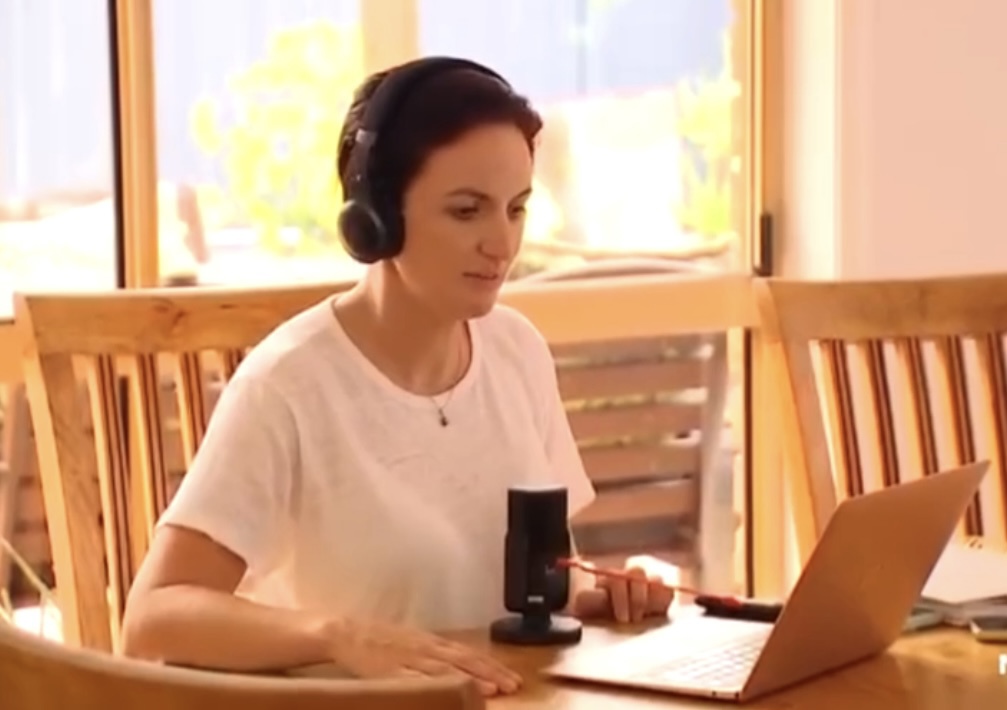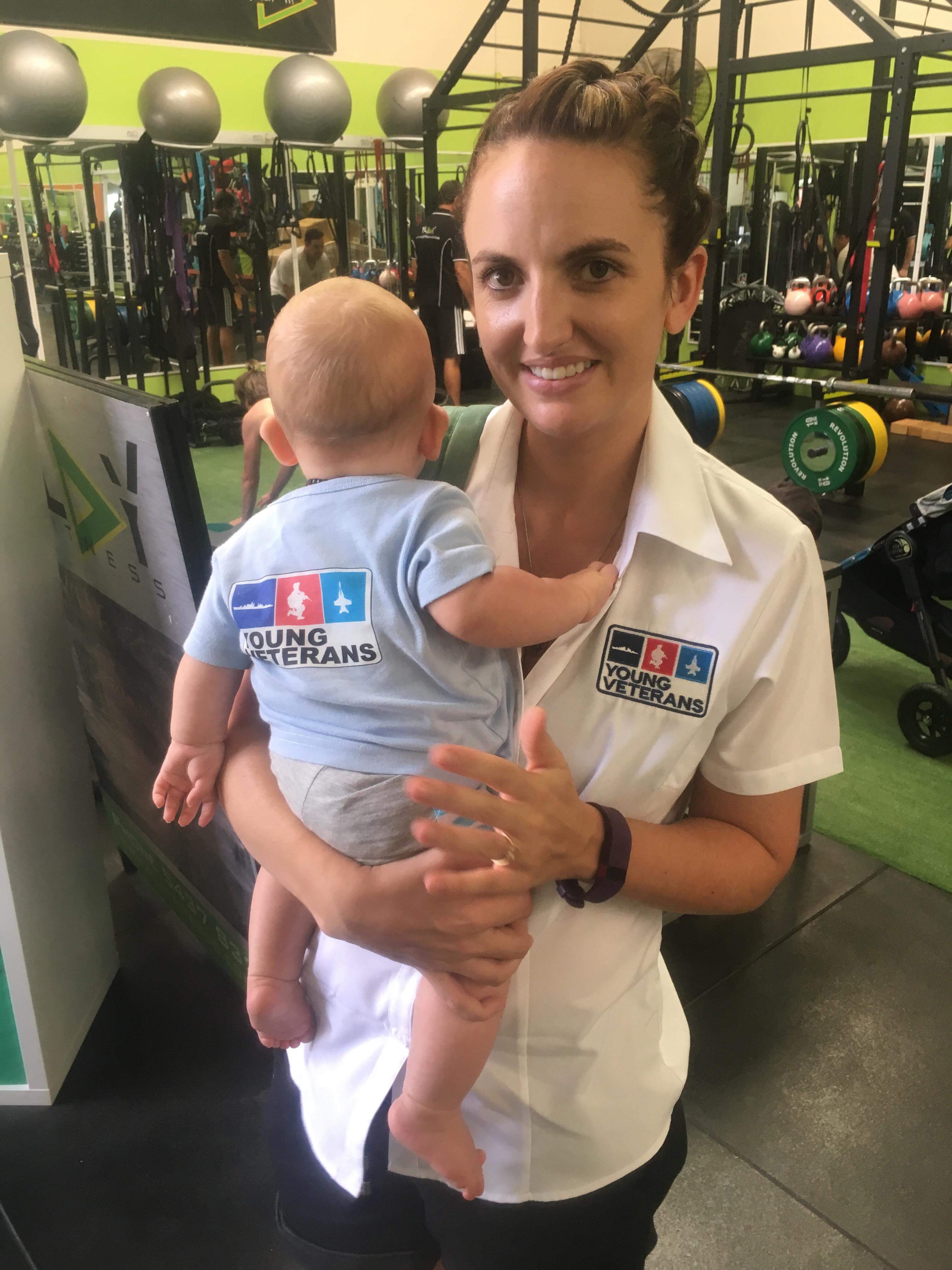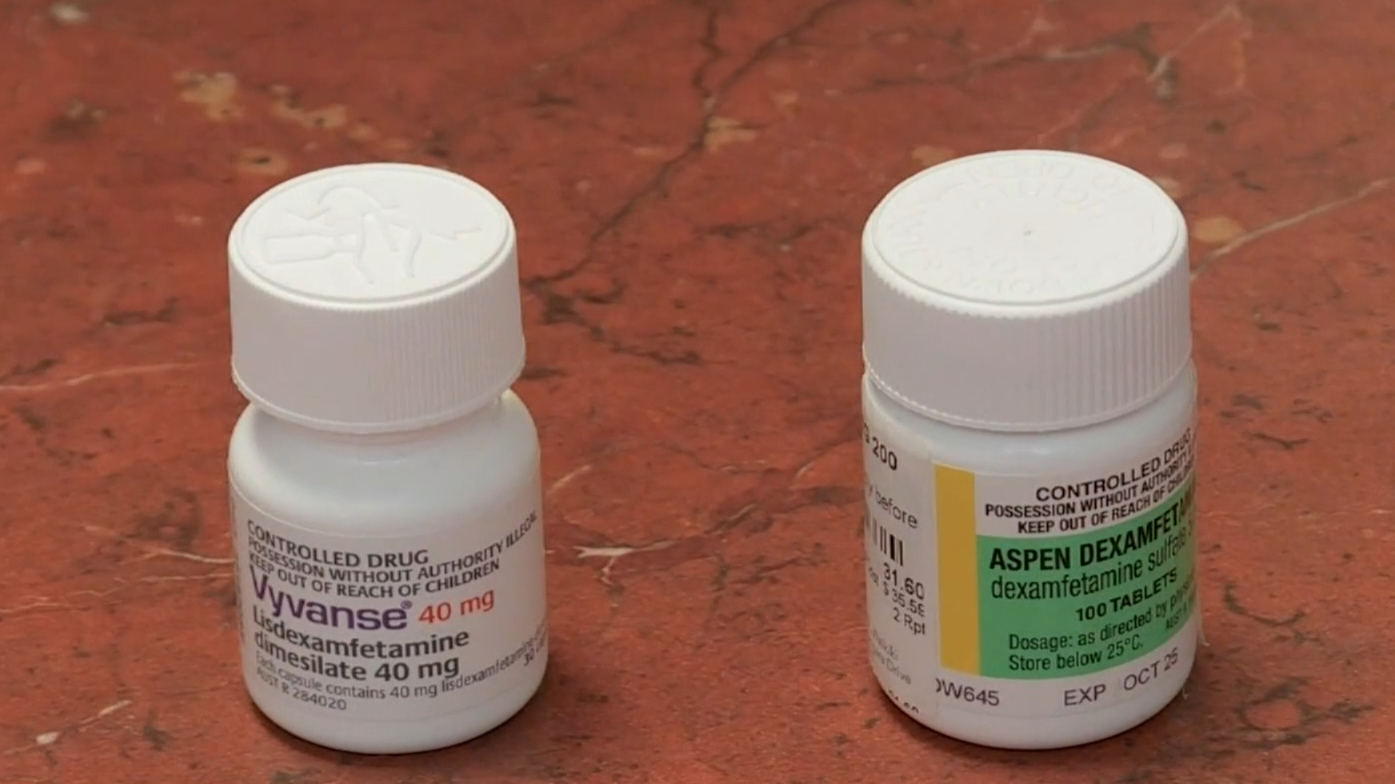'Ripped away': Medicine crisis pushing Aussie families to the brink
Arguing with an equally desperate dad in a pharmacy over its one remaining bottle of ADHD medication as she frantically tried to get through to her doctor, Jane McFadden remembers the clear thought striking her - "how did we come to this?"
A shortage of ADHD medicines is putting families in a serious squeeze around the country, with no relief expected for months or even years.
Parents are resorting to forgoing their own medication to give to their kids, mixing prescriptions, and travelling hours to try to get a piece of the ever-shrinking supply pool.
READ MORE: Urgent childcare reforms among priorities as parliament returns

McFadden, a psychologist and host of one of Australia's biggest mental health podcasts, ADHD Mums, as well as a mother of three herself, said families and individuals with ADHD had been "completely let down".
She was diagnosed with ADHD at age 36, after which so were her three children, currently aged under 10.
"It was life-changing in a really positive way," McFadden told 9news.com.au, saying she shed tears when she took medication for the first time.
READ MORE: 'Let us die of hunger, it's better': Officials say 73 killed seeking aid

"It's mind-blowing. You realise you have been white-knuckling through life," she said.
"I'm now parenting differently, I'm on top of things, my relationship with my husband is better."
Her children had a similar happy experience when after a two-year wait and thousands of dollars in medical bills, they were also prescribed medication for ADHD.
It was this experience which drove McFadden to launch her ADHD Mums advocacy platform.
READ MORE: Two men killed as light plane explodes in 'fireball'

But then, she said, the family's new lease on life was "ripped away" in months as the shortage hit and medicines became harder and harder to find.
The Therapeutic Goods Administration lists multiple ADHD medication shortages on its advice page, with warnings the squeeze will continue into the end of 2026 for some.
The list of medicines include Concerta modified-release tablets, Teva-XR modified-release tablets, Ritalin LA and Rubifen LA capsules, and Ritalin 10mg immediate-release tablets.
McFadden said she could spend hours on a weekend calling around to check with up to 30 pharmacies for suitable medications, in some cases followed by hours-long drives.
In one heartbreaking instance, the final bottle had been sold as she travelled to the pharmacy in question, though McFadden said the business was "right" to not reserve it.
On another occasion, as she tried to get through to her doctor to send through an updated prescription so she could buy another store's last bottle of medication, a dad entered and also asked for it, prompting an argument over who had precedence.
"He didn't seem like a bad person or anything, he was just desperate like I was," McFadden said.
"It was astounding - here we were fighting over a bottle of medicine, and I remember thinking, how did we come to this?"
She says the government needs to develop a "long-term plan" to face the crisis, and questioned why there was no push to manufacture the medicines in Australia.
GP changes a mixed bag
Recently, the federal government changed the rules to permit GPs to diagnose and manage ADHD.
This has been hailed as a win for accessibility - including by McFadden - but it isn't an answer on its own.
Psychologist and Macquarie Health Collective chief executive Tanya Forster said while the decision was a win for many, especially in regional communities, there were two central problems.
READ MORE: Family's lucky escape after batteries start fire

The first is the worsening GP shortage, with doctors in increasingly short supply, and facing major work overload already.
"We can't solve one problem by worsening another," Forster said.
The other was that broadening access to ADHD tests meant diagnoses were almost certain to rise further - which increases the pressure on a limited medication supply.
"It will take action from the government to correct the supply chain issue," Forster said.
She said the situation was "really challenging" for families, who were already struggling to access the services they needed in the sector.
And for children, the medicine shortage is especially dire.
Forster said an early-diagnosed child with reliable access to prescribed medication was better able to absorb and learn the strategies for managing ADHD that would be "protective" as an adult.
READ MORE: Backpacker leaves Perth after bush ordeal

For McFadden, it's been devastating to watch her kids struggle with intermittent medicine supply.
"You're told, 'go on another type of medication' - it doesn't really work that way for ADHD," she said.
She said an unreliable medicine stream meant her children could be "changing their brain function every day" - confusing and frustrating for them, as well as for their teachers and their peers.
McFadden believes part of the problem is a still-entrenched perception that ADHD medicines aren't critical to peoples' wellbeing.
And despite the resonance of the ADHD Mums advocacy platform, with an audience of more than one million a year around Australia, she said there was a terrible feeling that nobody who could change things was listening.
Forster said wheels "turned slowly" in government and urged parents facing difficulties in sourcing the right medicines not to stray from prescription guidelines but to contact their GP or paediatrician.
"If we are self-medicating, sharing, or rationing medications, there are risks involved," she said.
"These are regulated medicines for a reason."
The TGA's advice page on the ADHD medicine shortage can be found online here.
DOWNLOAD THE 9NEWS APP: Stay across all the latest in breaking news, sport, politics and the weather via our news app and get notifications sent straight to your smartphone. Available on the Apple App Store and Google Play.












